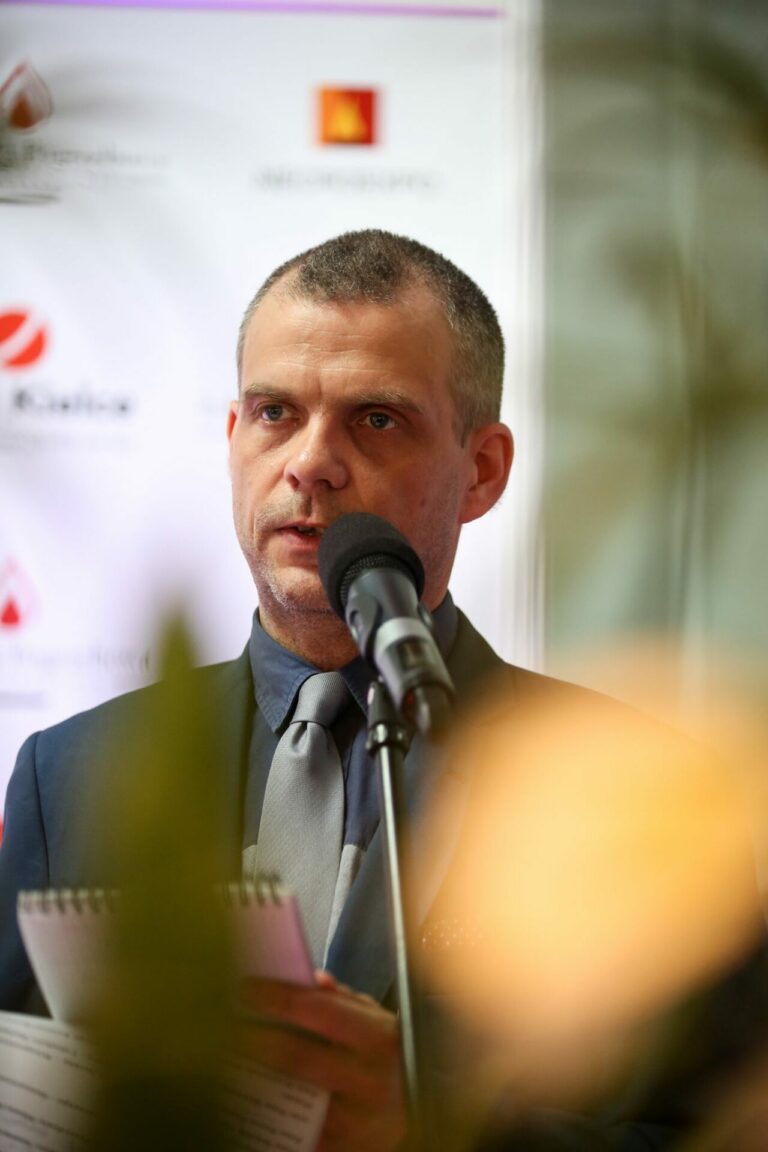For most of us, the pandemic introduced not just new ways of working but new insights. For those of us in events, it revealed the many benefits of virtual events.
Among the usual reasons for hosting an event, promoting one’s brand and sharing knowledge are two of the main ones. On social media, prominent pages, influencers, and brands create events that take these agendas forward— making the brand more prominent while creating a space for itself as a knowledge-leader in the particular field. But if we pause and approach virtual events from another angle, what might we find?
I have been working as an event host for quite a few years now. But the pandemic provided me fresh perspective on the beauty of virtual events. I found that virtual events are a potent marker of social change and carry within them the ability to change things subtly i.e., what I refer to as soft power.
When Jim Cermak invited me to speak on his podcast Trade Show University, he opened up the conversation by asking me how an emcee or event host could make an event exceptional and memorable. Before expanding on that, I took a leaf out of Jim’s book to illustrate a point.
I had met Jim earlier in the year at an event where he was speaking on audience engagement. There, he recommended that virtual event organizers incorporate tangible elements into virtual events. For example, sending out printed event agendas or small welcome gifts to not just speakers but also the audience. It is much more likely that attendees will be more excited about an event that is not just on their virtual calendar but some part of which is physically in front of them. They are also more likely to remember the event and turn up, since it has made itself more pronounced in their everyday life and added a bit of fun. This little move is an example of soft power. The gesture behind an act that can change things.
In a world where technology has opened up opportunities for more connections, it’s still true that there is an alarmingly high percentage of people who experience loneliness and disconnection. From my own hosting experience, I have seen virtual events bring people together and help them feel differently than what they are able to by themselves. They have become the place for social connection, information exchange, and change of scenery, even if only virtually. More than anything else, virtual events have worked to remind us that new people and ideas are always available to us as long as we can access the internet.
In a less obvious but equally important way, virtual events have disrupted the previously existing social conventions. For example, it used to be that up until the pandemic, diversity and inclusion weren’t at the top of most event organizers’ lists. But virtual events have opened up the possible list of attendees in a way that hadn’t been previously imagined. People of different countries, languages, physical and psychological differences can now all turn up at the same place bound by their common interest—what the event is presenting. If an event was not well prepared for some of them, organizers could take note and make it better in the future. Pushing for social equality via inclusive practices is another soft power that’s inherent in the nature of virtual events.
The third soft power of virtual events is their ability to provide us the space to be creative. This is a rather invisible and challenging one to understand immediately so let me give you an example. At a sustainable energy event that I was hosting, one of the participants described their electric car in great gusto. I thought it would be fun if everyone could have a sneak peek at this car and asked the person if he would take us all on something of a virtual ride. He agreed and the next few minutes were spent in an enthusiastic exchange between the participants as they discussed some details of the presentation, mixed in with personal experiences of seeing the car. That moment of unplanned spontaneity was creativity in action.
Creativity isn’t just about making a painting or writing a story. It’s our inherent ability and tendency to create. The most commonplace and, so, most neglected place of creativity is conversation. Virtual events can provide the space for that creative exchange that OTT platforms with their vast ocean of entertainment cannot provide. This is where virtual events differ—they aren’t just places of entertainment or information. They hold the key to subtly reorganize how human beings interact with each other via technology.
Finally, and quite importantly, virtual events help reduce emissions in comparison to in-person events. The waste generated at the site of the event, fuel spent on travel by speakers and attendees, electricity and energy generated at the venue as well as places where speakers are staying are all absent in case of a virtual event. This makes them a greener option and ties it to the economic factor too—with less expenses than an in-person event, tickets become more affordable for ticketed events and thus open them up to a larger category of attendees.
Virtual events’ ability to bring about subtle changes is what I believe makes them worth an organizer’s time and efforts. They are not just a static product or a solid object but a dynamic space for meaningful social engagement. So, if you have to organize an event— think in terms of not just content and reach but also the event’s inherent ability to quietly make changes. Think about its soft power. That will lead us to a future where events are remembered because they don’t just share knowledge but create more meaningful and conscious impact.

